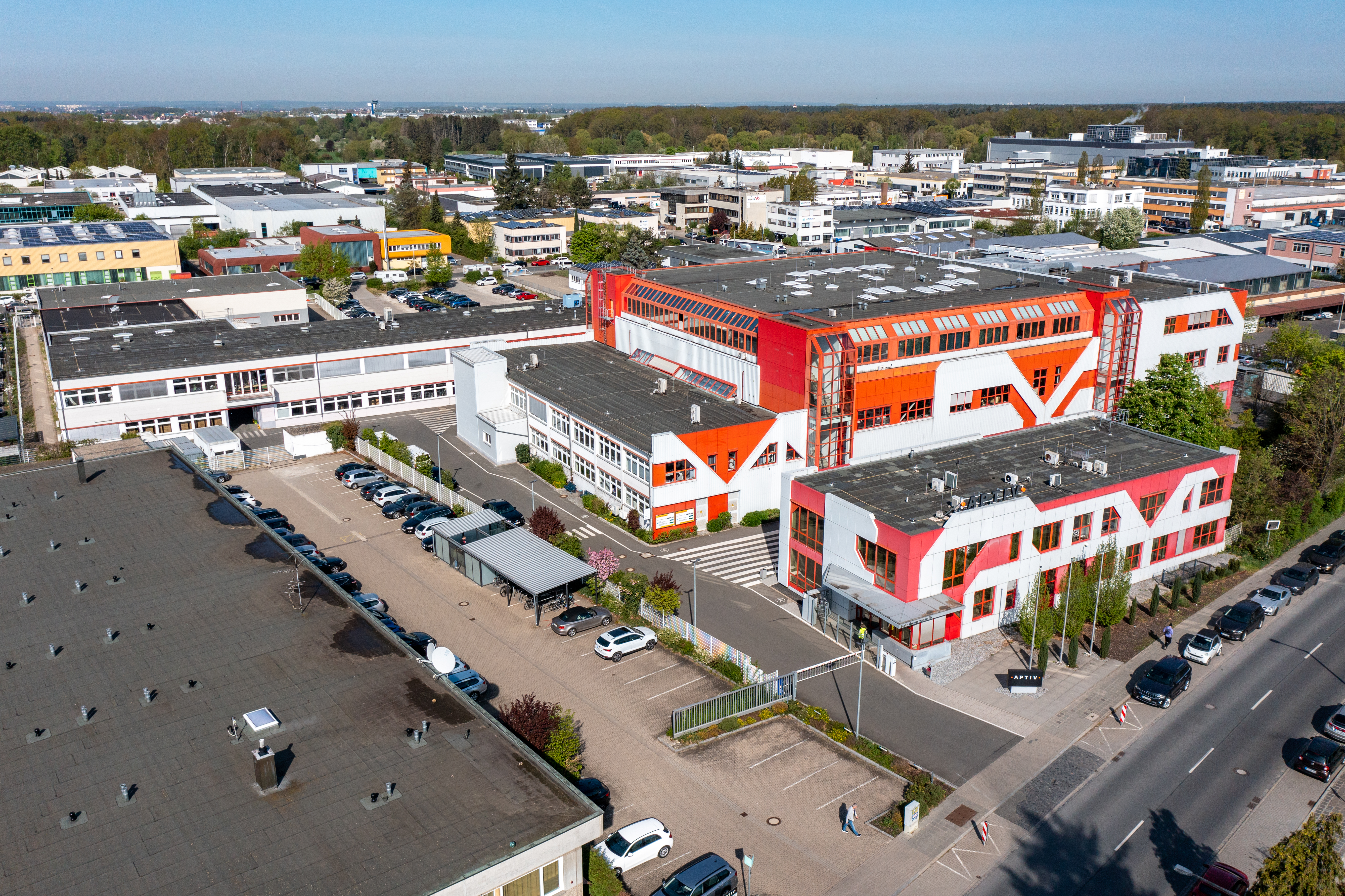Investment in Regional Healthcare: Evaluating Business Models
Insights by Dr. Archya Sengupta, Senior Manager, Healthcare Consulting – MENA at JLL
Unlocking Investment Opportunities in the regional Healthcare Sector: Evaluating Business Models to Meet Growing Demand
The Gulf Cooperation Council (GCC) region is experiencing significant demographic shifts, marked by an aging population and increasing prevalence of chronic and non-communicable diseases (NCDs). The GCC countries also face unique demographic and health challenges. For instance, in the UAE, the population of individuals aged 45+ is expected to increase six-fold to 2 million or 19.7% of the total population by 2050. This surge necessitates specialized healthcare services to manage lifestyle-related health issues and non-communicable diseases. Similarly, KSA, despite having a younger population, sees a high incidence of non-communicable diseases, with coronary heart disease as the leading cause of death.
This is driving a robust demand for quality healthcare services. Currently, healthcare projects valued at USD 45 billion are in various stages of execution across the region. These targeted investments are not only bridging the demand-supply gap but also reducing the cost burden, thereby opening vast opportunities for boosting infrastructure and fortifying the healthcare ecosystem.
The healthcare sector's resilience and steady growth, even amid global uncertainties, underscore its investment appeal. Investors are presented with a spectrum of care models, each necessitating a thorough evaluation of local market characteristics, including demand for healthcare services, competition, patient demographics, and regional healthcare trends. Carefully gauging the nature and scale of risks, as well as opportunities within the three prominent operational models, is crucial to meet the diverse needs of patients. Explore the strengths and challanges of each business model.
Looking for more insights? Never miss an update.
The latest news, insights and opportunities from global commercial real estate markets straight to your inbox.
In the GCC, single-specialty and multi-specialty hospitals has been prevalent for a while, though off late there is a burgeoning interest in establishing centers of excellence that focus on comprehensive care in specific medical areas. Single-specialty hospitals, such as mother and child hospitals, orthopedics, ophthalmology, in vitro fertilization (IVF), dermatology and sports medicine centers, and other specialized formats like extended care and wellness offer tailored care solutions and are attractive investment paths. They allow for customized patient care pathways and journeys that complement existing healthcare infrastructure. For investors, this model presents opportunities that have low competition and high patient volumes. Moreover, establishing referral networks with other healthcare providers can significantly enhance patient flow and revenue generation.
On the other hand, multi-specialty hospitals, which cater to a broad demographic by providing interdisciplinary care under one roof, are also expanding. Since July 2023, 25-30% of healthcare projects in the GCC have adopted this model. Their success hinges on the ability to develop cross-referrals among various specialties within the facility, optimizing patient care, treatment outcomes and sub specialized care.
Centers of excellence, known for pioneering new treatments and technologies, are ideally positioned in strategic locations near key medical hubs and research centers. Since the first half of 2023, 45-50% of hospital infrastructure projects have focused on specialty areas or have been developed as centers of excellence. Their success depends on availability of specialized personnel, economies of scale, and collaboration with top healthcare professionals, academic institutions, and industry partners.
Extended care facilities also represent a burgeoning segment in the healthcare landscape, offering long-term care solutions for aging populations and patients with chronic conditions. These facilities are becoming increasingly vital as part of the broader healthcare network, providing continuous care and meeting the complex needs of patients over extended periods. Governments are increasingly steering long-term patients away from tertiary systems into specialized extended care facilities, to optimize resources and manage healthcare costs. Some established players in the market are thus contemplating setting up centers of excellence focused on extended care services, either on their own or through strategic partnerships.
As the region addresses traditional healthcare needs, there is also a parallel shift towards wellness, emphasizing preventive care and medical wellness programs. These initiatives are crucial for reducing long-term healthcare costs and enhancing quality of life by fostering healthier lifestyles and facilitating early detection of health issues. Wellness centers, offering services such as nutritional counseling, fitness programs, and preventive screenings, are thus becoming integral to the healthcare landscape, underscoring the shift from treating illness to maintaining and enhancing health. These emerging wellness trends, along with traditional and extended care models, represent the diverse options that investors are currently evaluating. By investing in these varied healthcare services, investors not only meet growing healthcare demands but also contribute to a more sustainable and preventive healthcare ecosystem.
The governments have also taken measures to drive growth in the healthcare sector, catered to population demands. The region has been witnessing a growing interest among governments to structure Public Private Partnerships (PPPs). For example in the UAE, PPPs are addressing capacity and quality gaps in healthcare priorities, stimulating private investment in infrastructure and service improvements. KSA has seen an increase in PPPs structured around renal dialysis, imaging services, women and children’s hospitals, primary health centers, LTC and rehab centers, and home-based care, aligning with national health priorities.
Investment Opportunities
As the GCC’s healthcare market value continues to grow, the financial viability and potential return on investment of a chosen model should guide decision-making on the ideal operational model. Success in these endeavors will depend on the availability of skilled healthcare professionals, medical equipment, and robust infrastructure.
The ongoing expansion of healthcare projects in the GCC, particularly in specialized healthcare formats and centers of excellence, highlights the critical need for a comprehensive evaluation of each business model's strengths and weaknesses. This analysis will empower the private sector to devise investment strategies that not only improve health outcomes, but advance the region’s healthcare ecosystem, and launch GCC players on the global healthcare map.
Contact Dr. Archya Sengupta
Senior Manager, Healthcare ConsultingWhat’s your investment ambition?
Uncover opportunities and capital sources all over the world and discover how we can help you achieve your investment goals.



